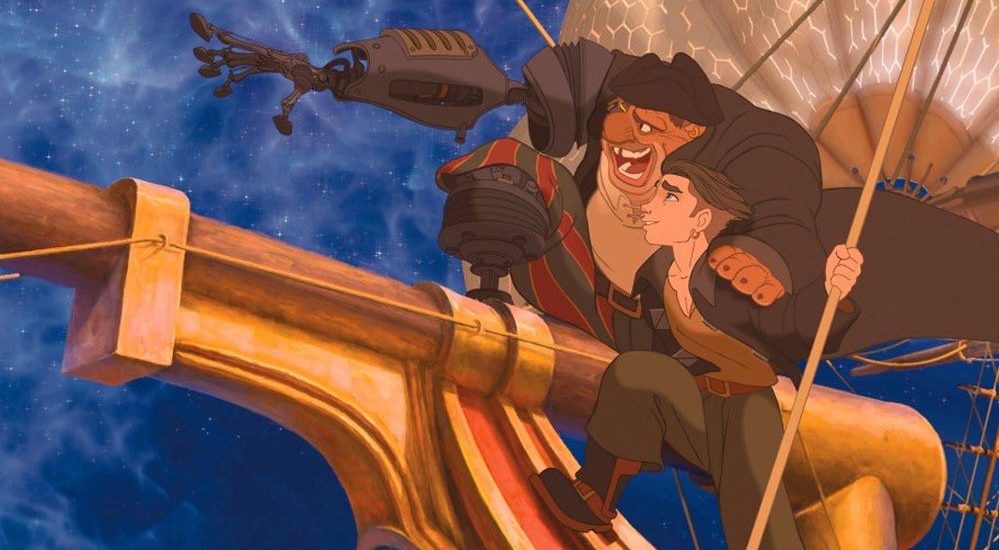While plenty of Buddhists have written about romance, the ideal form of love has historically rarely been that of spousal affection. Aristotle upheld friendship, not romantic relations, as the highest kind of love. In Buddhism, the “spiritual friend” or kalyanamitra can be anyone, as long as they are partners on the religious path. Yet by the 20th Century, Western-style, monogamous romance became the dominant cultural ideal to aspire to and perform. Perhaps out of disillusionment with the frequent failure rate of relationships and marriages, but also due to shifting cultural values, writers are increasingly praising the freedom, authenticity, and mutual joy that can be found in non-romantic relationships – qualities that were once, perhaps unrealistically, expected in a single sexual partner.
Despite what the Greeks said long ago about the diverse configurations of love – agape, eros, and philia – we are only just beginning to plumb the depths of all kinds of non-romantic love in popular culture. One of the best ways to put a finger on the vein of the zeitgeist is to look back on how things have evolved since milestone books, TV series, films, and other media.
I was always disappointed that Disney’s Treasure Planet (2002) – a steampunk, sci-fi rendition of Robert Louis Stephenson’s Treasure Island (1883) – was a box office and critical failure. At its heart, it is a film about positive masculinity. It was also ahead of its time for its depiction of single motherhood, platonic friendship, and male mentor figures. The emotional core of the story revolves around that of a father-son relationship, where Jim Hawkins, the teen protagonist, engages with his burgeoning masculine identity as a cabin boy to John Silver, the conflicted antagonist and half-cyborg captain of the RLS Legacy.
Unusually for a Disney feature film (especially one about a red-blooded teenage boy), his most important relationships do not involve romantic interests, but rather with surrogate fathers like John Silver or a family friend, scientist Delbert Doppler. But by far his most important relationship is with his single mother, Sarah. While it remains a common trope by Disney to write fictional mothers with dead husbands, it was more unusual in the early 2000s to portray a mother whose ex-husband explicitly abandoned her and their son.
Throughout the film, Jim is shown to need guidance from male role models. In this scene, he already shows the heart, gentlemanliness, and courage that only needs some nurturing to flourish. But his core motivation comes from his relationship with his mother. He answers the call of adventure to find legendary riches because of her. He is determined to redeem himself in her eyes for the destruction of their means of income. “Mom, look – I know that I keep messing up and I know that I let you down. This is my chance to make it up to you. I’m going to set things right,” he vows. When his mother betrays her deepest fear, which is of losing him, he declares that he will make her proud.
Sarah herself, while not the core female character, is written with depth and sympathy, complete with subtle eyebags that hint at her daily worries and exhaustion, uncomfortably realistic sighs, and exasperated gestures. But her friendship with Delbert is also notable for its platonic wholesomeness. She seems comfortable with non-sexual affection from the scientist, such as his gentle tilting of her chin. She takes his advice about the most precious person in her life, Jim, seriously. Their bond exhibits an effortless familiarity, such as Delbert’s willingness to behave goofily around her and Sarah’s maddened but motherly rebuke that they were “both grounded.”
While Treasure Planet 2 – a direct-to-video cash-grab that has none of the soul of its predecessor – does see Jim getting into a romantic relationship, Treasure Planet remains an animated feature that showcases some of the best of non-romantic love. Since then, studios have built on audiences’ hunger for more than just “boy meets girl” stories, with feature films exploring different configurations of love like with Onward (2020), the Megamind movies, and the Despicable Me franchises. Treasure Planet, while far from perfect, showcases the journey to maturity and manhood, metaphorically illustrated in Jim’s pursuit of a fabled trove of riches. Yet the real treasure of the film is not just found family – specifically, of found fathers – but also the affection between mother and son, men and women (platonic or romantic), and friends of all ages.
Related blog posts from BDG
Falling in Love
How To Fall Out of Love


